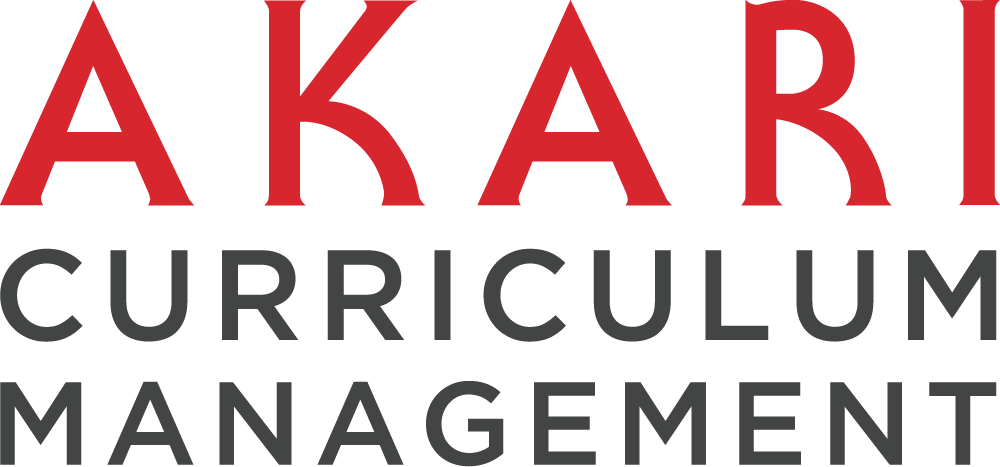Assessment strategies in higher education are taking great leaps forward, reshaping how we gauge and guide student knowledge.
Explore how academic institutions, buoyed by sophisticated digital tools, are creating a more refined and responsive assessment framework.
Understanding Assessment in the Modern Academic Paradigm
Assessment is as old as academia itself. From Aristotle’s dialectical argumentations to the oral exams of the 18th century, education’s experimental approach is integral. In today’s technologically-advanced higher educational institutions, the ethos remains the same—evaluation is the vessel through which we measure, motivate, and modify learning.
Now, assessment is not just about the full-stop test at end of semester. It’s about continuous evaluation, adaptive learning, and personalized feedback. It’s a vehicle for transformation; a bridge that connects students with the learning outcomes.
Defining Modern Assessment Tools
Before we segue into the practical, it is paramount to first define what we mean by modern assessment tools. We are referring to an assemblage of software, applications, and platforms that facilitate various forms of evaluation. These can include, but are not limited to, online quizzes, AI-graded assignments, virtual simulations, and peer-reviewed projects. Such tools afford educators the chance to assess not only what students have learned, but also how they think, solve problems, and communicate their ideas.
Principles Underpinning Modern Assessment Strategies
Amidst the wave of digitalization, traditional methodologies still have their merits. However, the principles behind assessment strategies have undergone a nuanced transformation in aligning with today’s demands. These encompass:
Authenticity
The assessment should mirror real-world demands, ensuring the learning is relatable and applicable.
Relevance
Assessment tasks must directly relate to the learning objectives.
Transparency
The process must be clear, offering both students and instructors unobstructed insight into expectations and criteria.
Flexibility
Adaptability is key, with the ability to fine-tune assessments to the individual needs of students.
Timeliness
Instant feedback is not a luxury but a necessity in today’s fast-paced learning environment.
Key Areas of Focus In Implementing Modern Assessment Strategies
In deploying technological tools for modern assessment in higher education, it is logical to appraise certain focus areas to ensure efficacy. These areas are not independent; they are interconnected strands of the enriched fabric of the educational modus operandi.
Formative Assessment Techniques
Formative assessments are pivotal as they offer a continuous picture of student progress. Integrating low-stakes quizzes, peer reviews, and interactive simulations can provide students with the guidance they need to steer their learning effectively.
Data-Driven Decision Making
Data analytics aid educators in making informed decisions regarding curriculum adjustments and intervention strategies for student success. This can optimize the teaching-learning process for enhanced outcomes.
Personalized Learning Pathways
Adaptive learning interfaces tailor coursework to the individual student’s pace, style, and comprehension, thus empowering learners to follow a trajectory aligned with their unique development needs.
Integrity and Security
Ensuring the security and integrity of the assessment process in a digital realm is of the utmost priority to prevent cheating and maintain the credibility of the evaluation system.
Engaging Students in a Diverse Landscape
With education increasingly bereft of geographical confines, assessment strategies should also reflect this diversity, engaging students on a global scale through a variety of cultural and contextual lenses.
Conclusion: Optimizing Student Success Through Enhanced Assessment
In conclusion, the marriage between assessment strategies in academia and modern technology is one cemented in the pursuit of nurturing well-informed, agile, and competent graduates. By adhering to the principles of authenticity, relevance, and transparency, educators are fostering a culture of continuous learning and development that resonates unequivocally with the dynamic needs of the industry.
Armed with data-driven insights and tools that enable personalized learning, institutions are not just evaluating students but also cultivating an environment where success becomes a natural byproduct of the symbiotic relationship between pedagogy and technology. Hail to the educators harnessing the currents of today’s technologies to paddle their academic vessels towards the promising shores of tomorrow.
